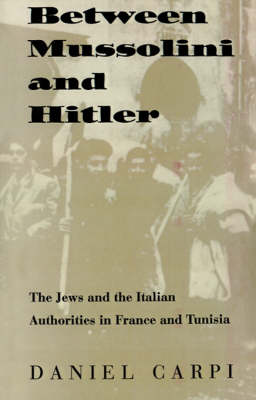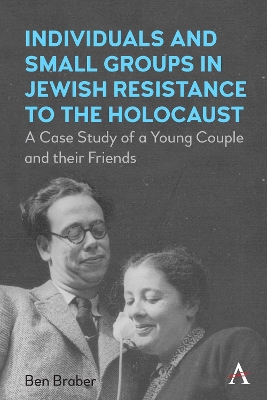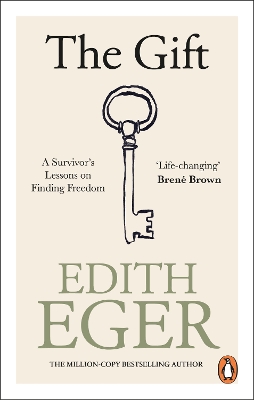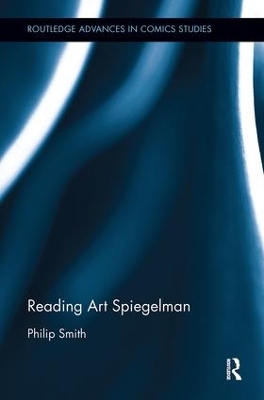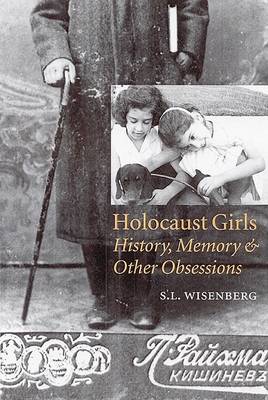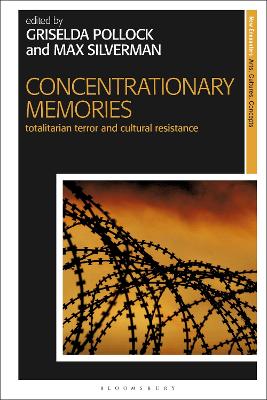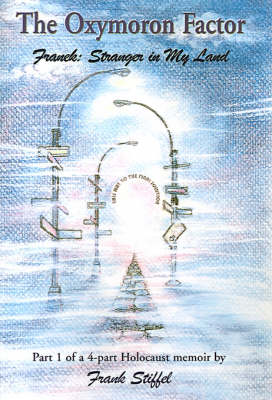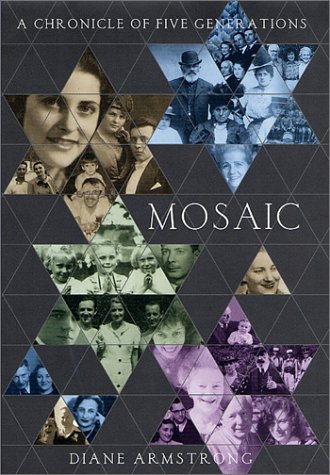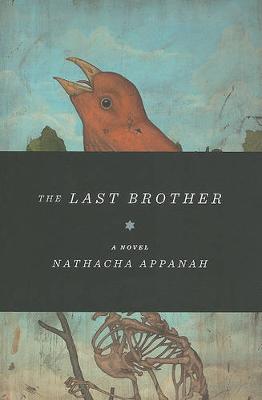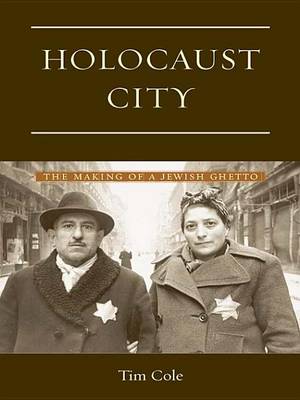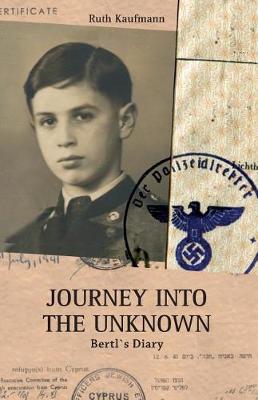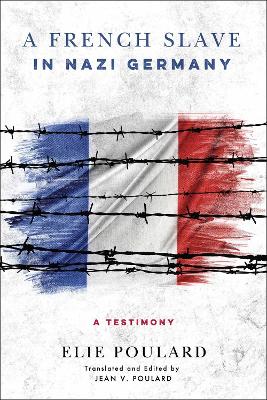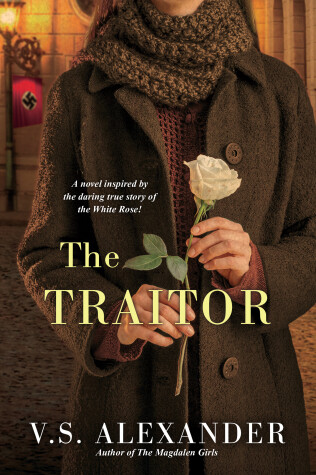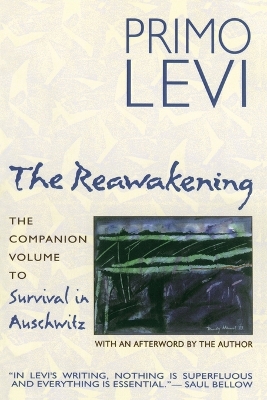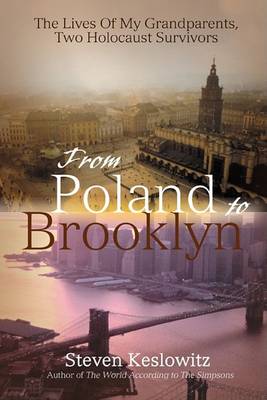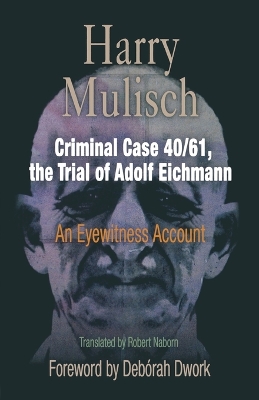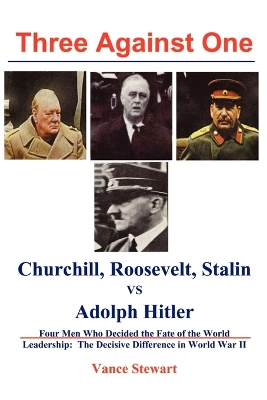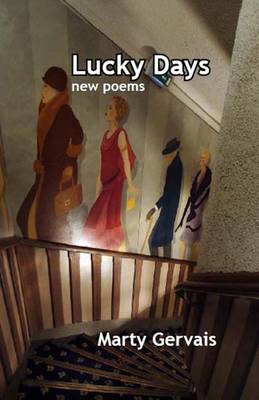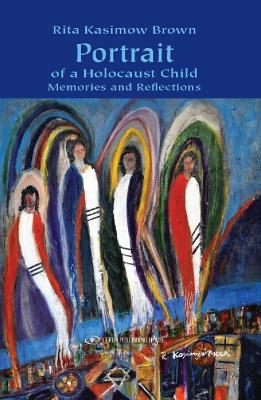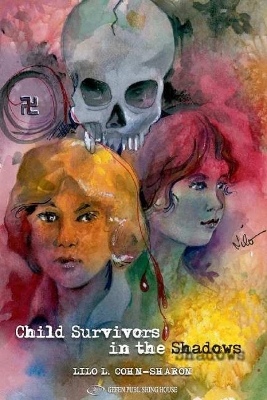The Nazi invasion of Poland in 1939 plunged the world into its second global conflict. The Third Reich's attack, mounted without consulting its Italian ally, had other reverberations as well. Chief among them was Mussolini's decision to conduct a "parallel war" based on his own tactical and political agendas. Against this backdrop, Daniel Carpi depicts the fate of some 5000 Jews in Tunisia and as many as 30,000 in southeastern France, all of whom came under the aegis of the Italian Fascist regim...
Individuals and Small Groups in Jewish Resistance to the Holocaust
by Ben Braber
'An incredible human being with an extraordinary story to share' Dr Rangan Chatterjee'A beautiful, life-changing manifesto' Brené Brown'I will be forever changed by Dr Eger's story' Oprah'Her story is a testament to our true human potential. She's a gift' Nicole LePeraEach moment in Auschwitz was hell on earth. It was also my best classroom. Subjected to loss, torture, starvation and the constant threat of death, I discovered tools for survival and freedom that I continue to use every day.In her...
Stawiski Memorial Book (Poland) - Translation of Stawiski; Sefer Yizkor
Reading Art Spiegelman (Routledge Advances in Comics Studies)
by Philip Smith
The horror of the Holocaust lies not only in its brutality but in its scale and logistics; it depended upon the machinery and logic of a rational, industrialised, and empirically organised modern society. The central thesis of this book is that Art Spiegelman’s comics all identify deeply-rooted madness in post-Enlightenment society. Spiegelman maintains, in other words, that the Holocaust was not an aberration, but an inevitable consequence of modernisation. In service of this argument, Smith of...
This bracing and vivid collection of essays gives voice to what many American Jews feel but don't express about their uneasy state of mind. In confrontation with this self-consciousness characteristic of Jewish culture, S.L. Wisenberg is both engaged and urgent. These essays creatively, and sometimes audaciously, address the question of what it means to be an American Jew trying to negotiate overlapping identities - woman, writer, and urban intellectual in search of a moral way. Whether she's wr...
Concentrationary Memories (New Encounters: Arts, Cultures, Concepts)
Concentrationary Memories has, as its premise , the idea at the heart of Alain Resnais's film Night and Fog (1955) that the concentrationary plague unleashed on the world by the Nazis in the 1930s and 1940s is not simply confined to one place and one time but is now a permanent presence shadowing modern life. It further suggests that memory (and, indeed art in general) must be invoked to show this haunting of the present by this menacing past so that we can read for the signs of terror and count...
From the bestselling author of THE VOYAGE OF THEIR LIFE, WINTER JOURNEY and NOCTURNE this remarkable true story begins in the Polish city of Krakow in 1890 and spans one hundred years and four continents. God blessed Lieba and the devout Jewish patriarch Daniel Baldinger with eleven children, and this richly textured portrait follows their lives down the decades, through the terrifying years of the Holocaust, to the present time. Lives that personify the struggles and hopes of their century. M...
The Last Brother (Lannan Translation Selection (Graywolf Paperback))
by Nathacha Appanah
In the remote forests of Mauritius young Raj is almost oblivious of the Second World War raging beyond his tiny exotic island. With only his mother for company while his father works as a prison guard, solitary ever since his brothers died years ago, Raj thinks only of making friends. One day, the far-away world comes to Mauritius and Raj meets David, a Jew exiled from his home in Europe and imprisoned in the camp where Raj's father works. David becomes the friend that he has always longed for,...
Drawing from the ideas of critical geography and based on extensive archival research, Cole brilliantly reconstructs the formation of the Jewish ghetto during the Holocaust, focusing primarily on the ghetto in Budapest, Hungary--one of the largest created during the war, but rarely examined. Cole maps the city illustrating how spaces--cafes, theaters, bars, bathhouses--became divided in two. Throughout the book, Cole discusses how the creation of this Jewish ghetto, just like the others being...
Despite the evidence indicating that Hitler committed suicide in Berlin in 1945, numerous stories have sprung up since World War II, placing Hitler in the Amazon, in a fortress in the Antarctic, and in many other locales. Author McKale looks at all the legends that have arisen since Hitler's death; he examines how these myths have been used politically during the Cold War, and how Hitler's survival has been depicted in popular culture. McKale explores what these myths say about us and the way we...
The Required Work Service Law, or Service du Travail Obligatoire, was passed in 1943 by the Vichy government of France under German occupation. Passage of the law confirmed the French government’s willing collaboration in providing the Nazi regime with French manpower to replace German workers sent to fight in the war. The result was the deportation of 600,000 young Frenchmen to Germany, where they worked under the harshest conditions. Elie Poulard was one of the Frenchmen forced into labor by...
Fans of Reese Witherspoon’s Book Club picks eager for their next moving historical novel—look no further! Readers of The Alice Project and The Lost Girls of Paris will be enthralled by V.S. Alexander’s The Traitor. Drawing on the true story of the White Rose—the resistance movement of young Germans against the Nazi regime—The Traitor tells of one woman who offers her life in the ultimate battle against tyranny during one of history’s darkest hours. In the summer of 1942, as war rages acr...
First published in English in 1965, The Reawakening is Primo Levi's bestselling sequel to his classic memoir of the Holocaust, Survival in Auschwitz. The inspiring story of Levi's liberation from the German death camp in January 1945 by the Red Army, it tells of his strange and eventful journey home to Italy by way of the Soviet Union, Hungary, and Romania. Levi's railway travels take him through bombed-out cities and transit camps, with keen insight he describes the former prisoners and Russian...
Criminal Case 40/61, the Trial of Adolf Eichmann (Personal Takes)
by Harry Mulisch
The trial of Adolf Eichmann began in 1961 under a deceptively simple label, "criminal case 40/61." Hannah Arendt covered the trial for the New Yorker magazine and recorded her observations in Eichmann in Jerusalem: The Banality of Evil. Harry Mulisch was also assigned to cover the trial for a Dutch news weekly. Arendt would later say in her book's preface that Mulisch was one of the few people who shared her views on the character of Eichmann. At the time, Mulisch was a young and little-known wr...
In this book of poems, Marty Gervais writes about the ordinary and the commonplace, but how the small epiphanies in our lives make us look again at this world around us. He writes about sons who play hockey, black cats, the Cubans in an all night diner in Miami, the rural landscape of south-western Ontario, the cafes of Paris, travelling to Iraq, the streets of Detroit and the days and nights spent in a hospital ward.
